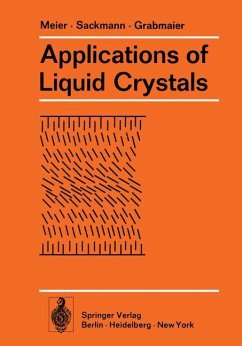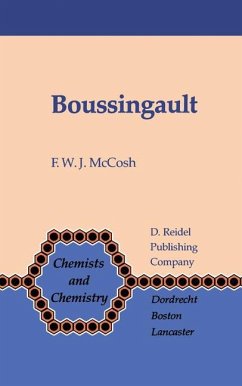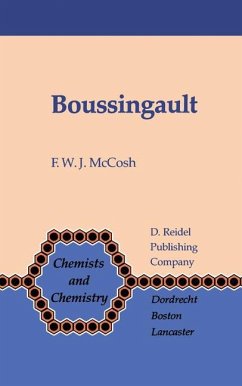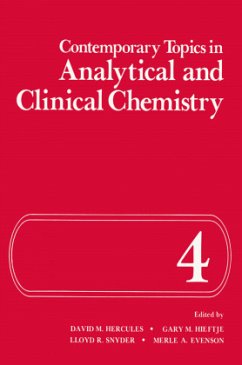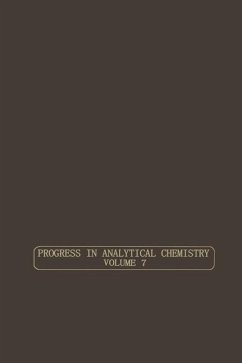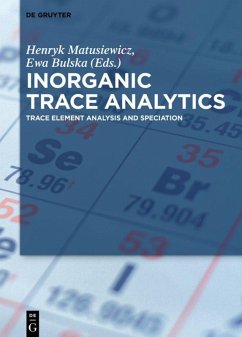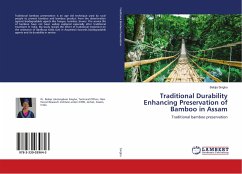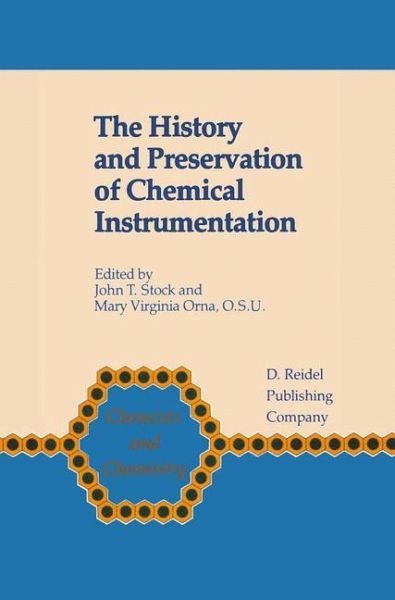
The History and Preservation of Chemical Instrumentation
Proceedings of the ACS Divivsion of the History of Chemistry Symposium held in Chicago, Ill., September 9-10, 1985
Herausgegeben: Stock, John T.; Orna, Mary Virginia

PAYBACK Punkte
58 °P sammeln!
The development of chemistry, like that of the other fields of science and technology, has depended greatly upon the availability of instruments. Accordingly, the study of the history of instrumentation is a major area in any survey of the progress in this science. Recognizing this fact, the Division of the History of Chemistry of the American Chemical Society organized and held a very successful symposium on the history of chemical instrumentation during the Washington, D.C. National Meeting in 1979. Re~arks, both formal and informal, made during this symposium stressed points that soon becom...
The development of chemistry, like that of the other fields of science and technology, has depended greatly upon the availability of instruments. Accordingly, the study of the history of instrumentation is a major area in any survey of the progress in this science. Recognizing this fact, the Division of the History of Chemistry of the American Chemical Society organized and held a very successful symposium on the history of chemical instrumentation during the Washington, D.C. National Meeting in 1979. Re~arks, both formal and informal, made during this symposium stressed points that soon become obvious to anyone who looks at the ancestry of present-day instruments . In some cases, the total history is measured in years, rather than in centuries . Chemical instrumentation, by no means confined to the laboratory, is vital in industry. There is a natural tendency to discard an item of any kind when a newer version is acquired. Often, "to discard" means "to scrap". If the item scrapped is an instrument that is unique - sometimes the last of its kind - we have a permanent artefactual gap in the history of science.






